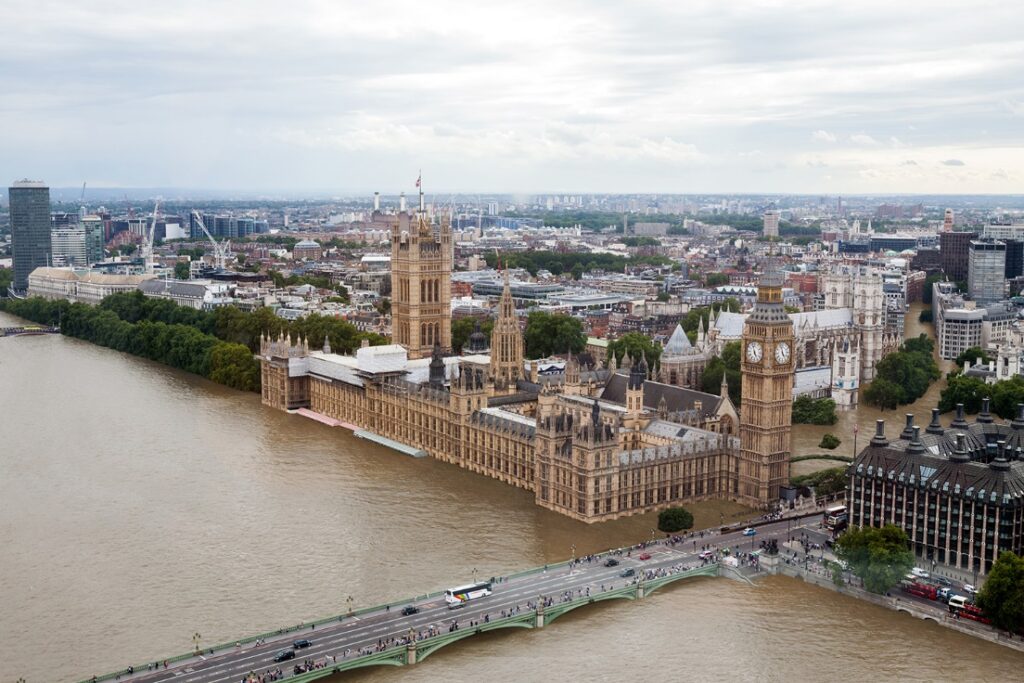Business confidence in the government’s ability to meet the requirements of the COP21 climate change agreement has hit severely low levels according to a new survey by the Confederation of British Industry (CBI) and AECOM.
As COP22 begins in Marrakech almost a year after the historic agreement was struck in Paris, the joint infrastructure survey found that 83% of businesses are not confident in the UK’s ability to meet the demands of last year’s promises.
Among infrastructure providers operating in the energy sector, just 17% are confident the UK can live up to its promises, which see the country signed up as part of the European Union’s agreement to reduce emissions by 40% by 2030, compared to 1990 levels.
While it has not been determined what proportion the UK’s emissions will contribute to this goal, domestic legislation in the form of the Climate Change Act has also bound the country to a 57% reduction in UK emissions from 2028-2032.
As well as uncovering the lack of confidence from businesses regarding these targets, the survey also found that well over half (59%) of infrastructure providers in the energy sector are dissatisfied with government’s current energy policy framework to boost investment.
It also found that the lack of clarity around energy policy is likely causing a slowing of private investment, with just 20% of energy providers reported to be happy with current levels.
The CBI claims its findings demonstrate how crucial it is for the new Department of Business, Energy and Industrial Strategy (BEIS) to provide much needed clarity on how the UK will meet its climate change targets and its future energy policy.
In particular, it has called for details around the next Contracts for Difference auction and the future of the Levy Control Framework (LCF) after 2021.
“To improve UK business confidence about meeting these ambitious targets, it is crucial that the government comes forward with a clear and credible plan that works for all businesses,” the survey concludes.
“The new government department for BEIS, which also incorporates climate change as part of its remit, presents an excellent opportunity to bring the various strands together in order to achieve this.
Regarding specific technologies, the survey also found that storage and energy efficiency remain at the forefront of business considerations. Around half (51%) of respondents see energy storage as critical or important for the energy system, while almost three quarters (71%) see investment in energy efficiency in the same terms.






